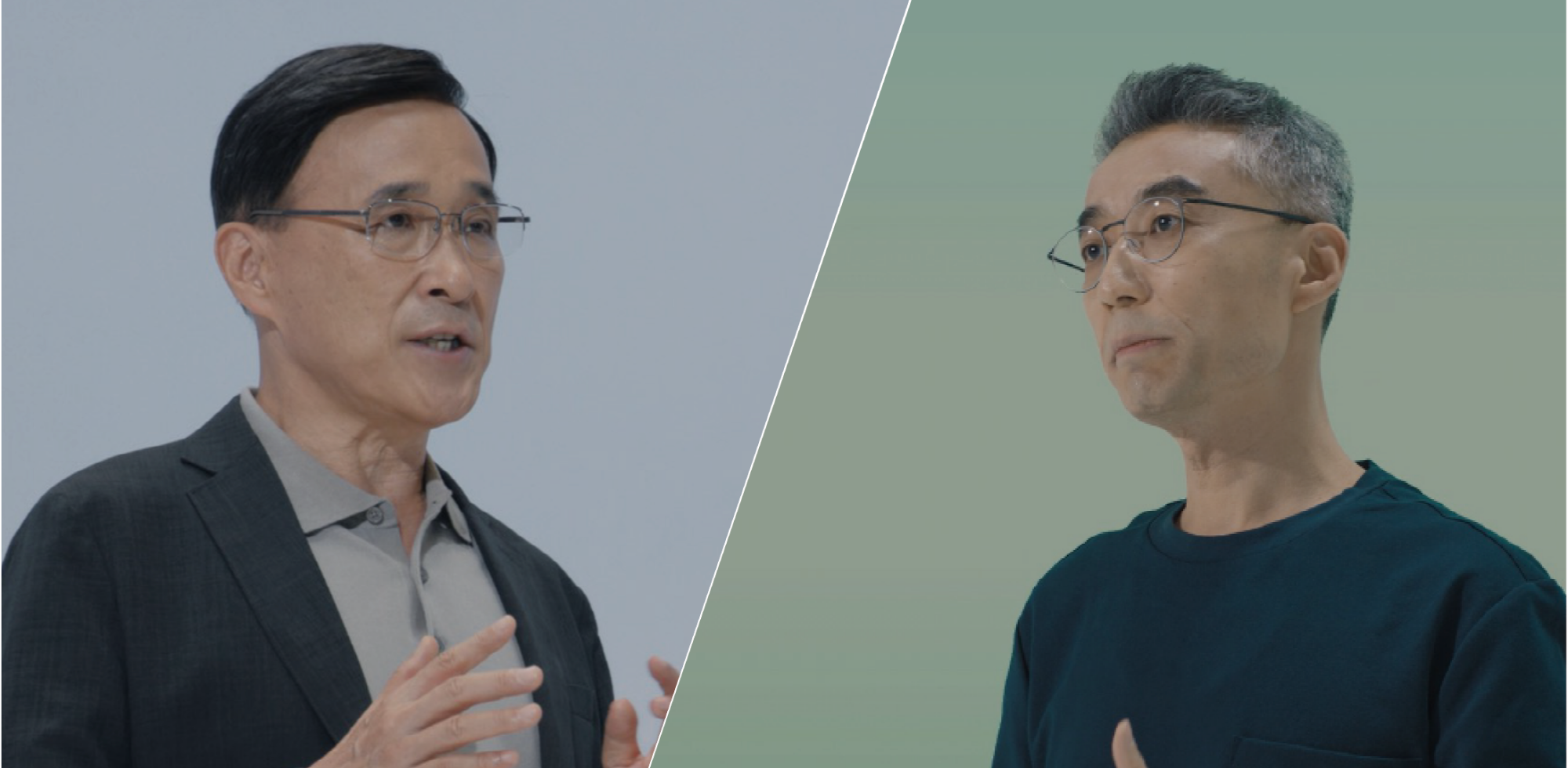
Hyundai Motor Group is set to transform all vehicle types into ‘software-centered cars’ by 2025, ushering in a new era of smart mobility. Customers will enjoy the freedom of safe and convenient travel enhanced by software connectivity and innovative user experiences.
On the 12th, Hyundai Motor Group held an event titled ‘Opening the Future of Mobility with Software’ via its YouTube channel, announcing that from 2025, all Hyundai Motor Group vehicles sold worldwide will not only receive updates in performance and functionality after purchase but will remain up-to-date.
Hyundai Motor Group aims to provide a completely new customer experience through continuously evolving vehicles based on software.
With next-generation vehicle platforms, integrated controllers, and a self-developed software platform, the group plans to apply wireless software updates as a standard feature across all vehicle models sold globally by 2025. This foundation allows for quick and flexible responses to diverse market and customer needs.
As part of the transition to software-defined vehicles (SDVs), Hyundai Motor Group predicts that the number of vehicles subscribed to its connected car service worldwide will rise from 10 million at the end of this year to 20 million by 2025.
This vast amount of big data generated from numerous connected cars will create unprecedented value and possibilities, enabling personalized services such as software updates and subscriptions tailored to individual customers.
Additionally, the group plans to build a data platform to connect and process various data generated throughout the vehicle’s lifecycle to create innovative services while collaborating with various industries including logistics, shopping, leisure, and hospitality.
Hyundai Motor Group also announced its intention to develop software-focused mobility devices and solutions to fully enter the future mobility and logistics market, centered around a global software center.
Furthermore, the group is exploring how to develop a software-centric product line that can link with future air mobility, purpose-based mobility, robotaxis, and robots using just one account.
By shifting to a software-centric development structure, Hyundai Motor Group emphasized that the company’s profitability will significantly improve, thanks to part and module standardization, design efficiency, and the introduction of various services, thus creating a new mobility ecosystem.
This initiative will enable Hyundai Motor Group to secure additional investment capacity and actively pursue product enhancements and new business discoveries.
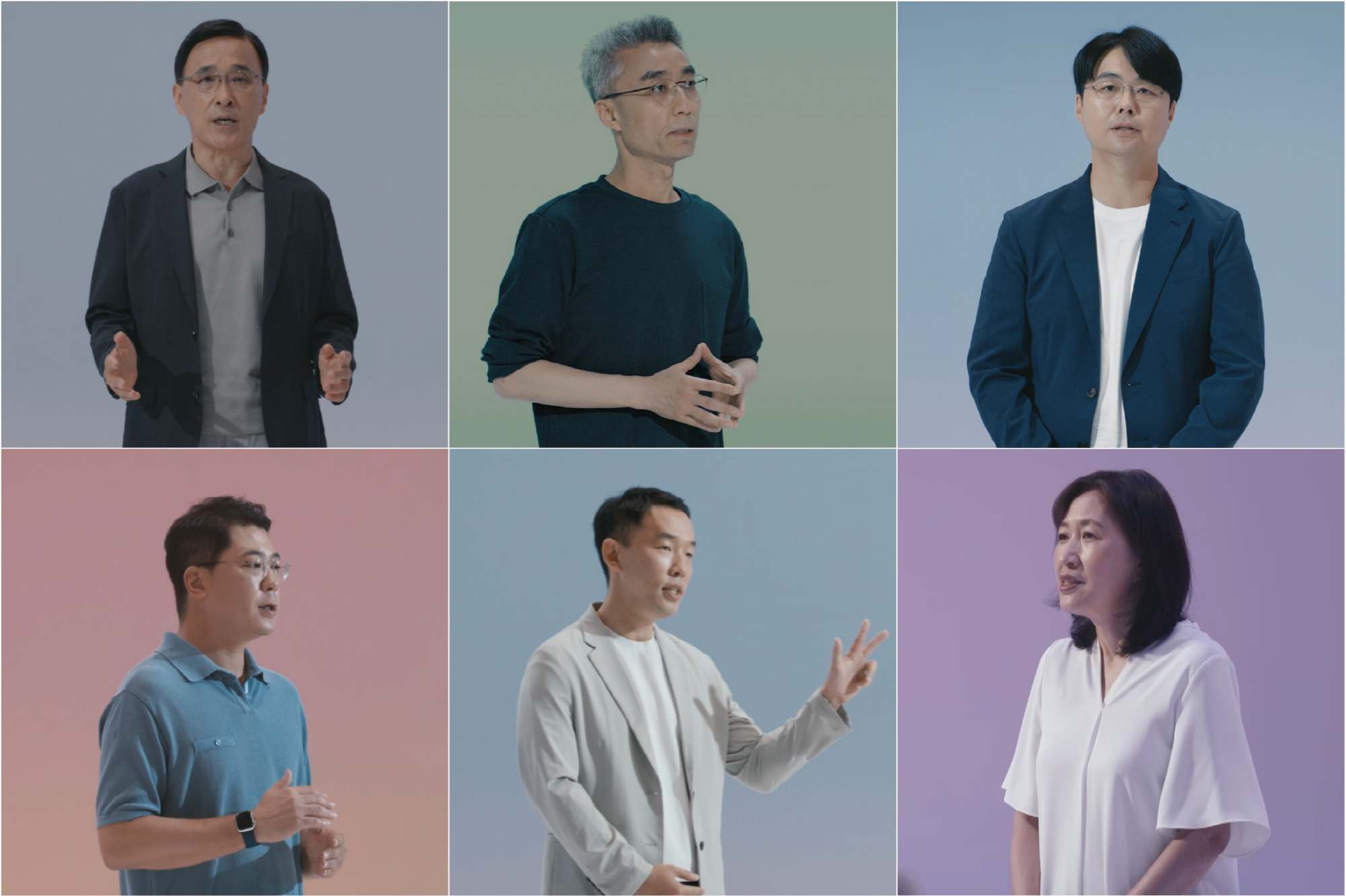
Hyundai Motor Group plans to invest a total of 18 trillion won to enhance software technology capabilities, integrating hardware and software technologies and advancing mobility technology capabilities.
Park Jeong-kuk, head of the R&D division at Hyundai Motor Group, stated, “We will redefine the concept of cars by transcending physical limitations through the development of new technologies and innovations, renewing the mobility experience. We will transform products and businesses into a mobility paradigm shift based on data and software.”
Hyundai Motor Group declared that it will implement wireless software update technology in all vehicles sold worldwide by 2025, ensuring that customers always drive the latest models.
To achieve this, all electric vehicles launching from 2023, as well as internal combustion engine vehicles, will be developed to support wireless updates, ensuring that all vehicles under Hyundai Motor Group continually evolve through software technology.
Applicant Chu Kyo-ung, head of Hyundai Motor Group’s Electronics and Infotainment Development Center, emphasized, “With the application of wireless update technology, vehicles can receive functional and performance updates even after purchase, making cars smarter over time.”
Hyundai Motor Group announced that customers will be able to improve vehicle performance and add various features at their convenience, without needing to visit a service center. Keeping vehicles updated will also likely enhance their residual value.
Moreover, customers will be able to combine desired features and performance to create vehicles that match their lifestyles. Hyundai Motor Group plans to introduce subscription services that allow customers to selectively purchase needed software features in select models next year.
In relation to this, it has been stated that the rapidly increasing number of 20 million connected car service subscribers by 2025 will generate vast amounts of data, accelerating personalized services.
Hyundai Motor Group plans to handle vehicle big data quickly and stably, continuously providing tailored services that enhance customer satisfaction.
The group is pushing to develop a next-generation common platform and will leverage a function-focused architecture to integrate controllers, accelerating the transition to SDVs.
Hyundai Motor Group has announced that it is applying a unified hardware and software platform to vehicles to reduce the time required for planning, design, manufacturing, and other production processes dramatically.
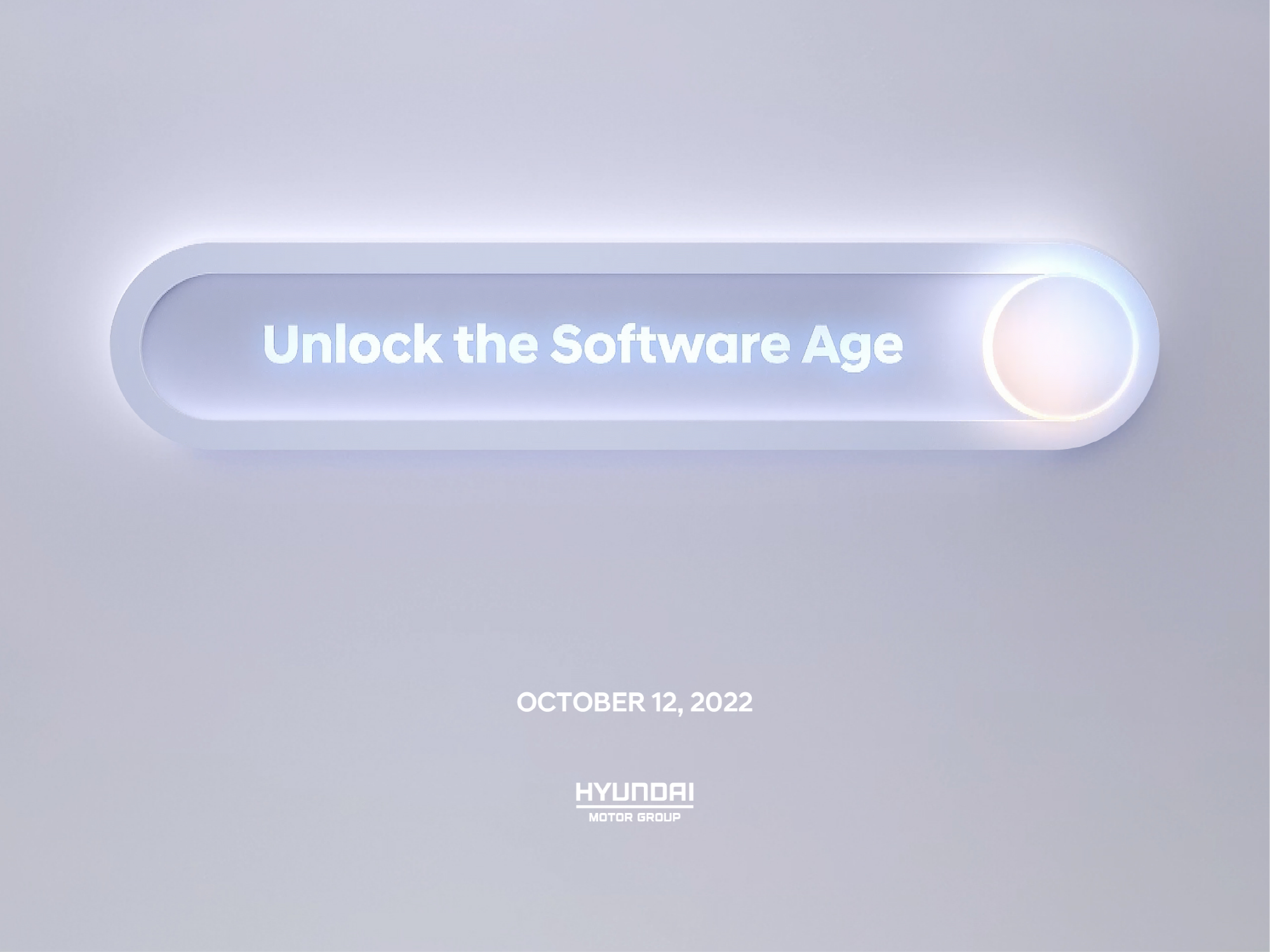
By standardizing the platform, the complexity of vehicle development is minimized, which also enhances the reliability of SDV technology.
Hyundai Motor Group plans to premiere vehicles with the new dedicated electric vehicle platform, eM, aimed at passenger electric vehicles, and the eS platform focused on PBVs by 2025.
eM is a platform capable of producing all classes of electric passenger cars, improving driving range by more than 50% on a single charge compared to current electric vehicles. It also aims to implement Level 3 autonomous driving technologies and standardize wireless updates.
eS will cater to demand in corporate transactions such as delivery and vehicle calling by being developed into a flexible structure resembling a skateboard.
Hyundai Motor Group stated that the eM and eS platforms are born under the group’s ‘Integrated Modular Architecture’ (IMA) system.
IMA is a development system that standardizes and modularizes core components of electric vehicles. The group plans to efficiently expand its lineup by standardizing batteries and motors, which currently reflect unique specifications for each electric vehicle model, thus allowing flexible application by vehicle class.
To this end, Hyundai Motor Group is also integrating the vehicle controller. They are developing a ‘function-focused architecture’ which integrates controllers into four functional areas, significantly reducing the total number of controllers.
Previously, all individual software systems of the vehicle’s controllers needed modification to upgrade each function. By integrating controllers, this can be resolved in a systematic and efficient manner.
The integrated controller will lay the groundwork for efficiently developing regionally optimized vehicle models for various class types and countries and also make it easier to add new functionalities or improve performance. The cycle of wireless software updates will be shortened while expanding the scope, enhancing product competitiveness to flexibly respond to rapidly changing market and customer demands.
Hyundai Motor Group is continuously enhancing functionalities through the mass production of integrated controllers in the infotainment and advanced driver assistance system sectors, with plans to gradually integrate controls in electronic, convenience, and driving performance areas by 2025.
The group plans to continually enhance the high-performance Connected Car Operating System (ccOS) optimized for integrated controllers.
The ccOS, developed by Hyundai Motor Group, is a software platform applicable to all controllers that maximizes hardware performance through high computing power.
To efficiently collect and process the vast amounts of data generated by connected cars, high-performance semiconductors are also required. Hyundai Motor Group announced its collaboration with Nvidia, a leading company in AI computing, to embed Nvidia Drive hardware, a high-performance information processing semiconductor, into ccOS.
Nvidia possesses unrivaled technological prowess in AI, machine learning, and graphic cognition and processing, making Nvidia Drive capable of processing large volumes of data computations swiftly. Since 2015, Hyundai Motor Group has been conducting research to apply connected car technology to production vehicles under a technology development agreement with Nvidia.
This initiative will ensure that customers experience fast and uninterrupted vehicle software powered by high-performance semiconductors.
Enhancing computing power will dramatically improve communication processing capabilities, leading to substantial improvements in the data processing speed experienced by customers in various environments, including vehicle entertainment content consumption and wireless software updates.
Furthermore, Hyundai Motor Group revealed it is also strengthening its competitiveness in autonomous driving technology through integrated vehicle controllers and self-developed software platforms.
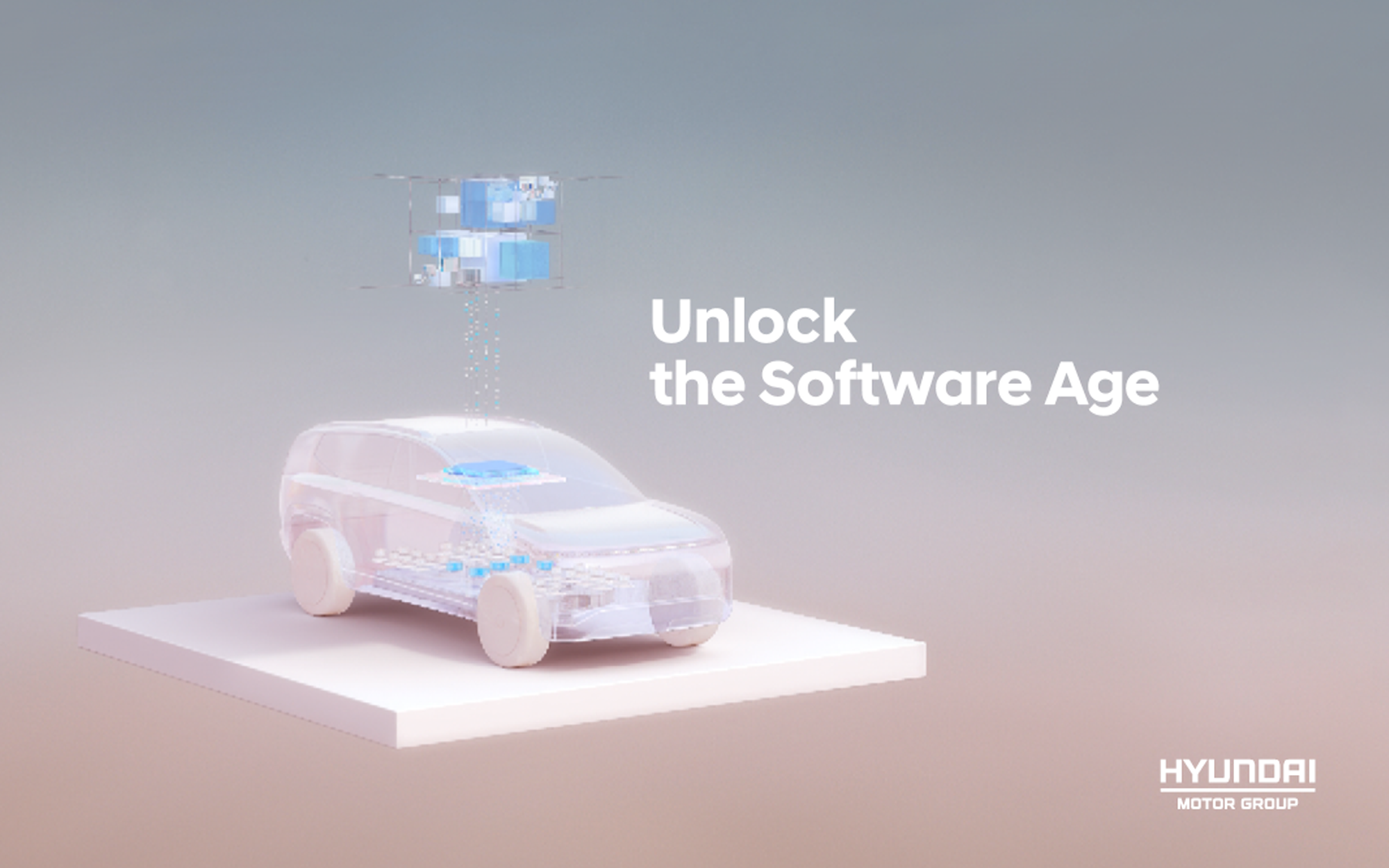
To develop autonomous driving technologies, substantial data collection capabilities via various sensors such as cameras, radars, and lidars attached to vehicles are necessary, alongside rapid data analysis and processing software technology, supported by ccOS.
Jang Woong-jun, head of the autonomous driving division at Hyundai Motor Group, revealed, “By the end of this year, we will unveil a highway autonomous driving system based on the second-generation integrated controller, which includes Level 3 autonomous driving technology. We are also developing remote autonomous parking functions at Level 3.”
Moreover, Hyundai Motor Group is currently developing a third-generation integrated controller based on next-generation high-performance semiconductors to enhance autonomous driving technology. With a more powerful CPU than the currently applied second-generation controllers, this initiative is expected to enable faster computations and more efficient control.
The third-generation integrated controller is being developed with goals of improving heat dissipation and noise reduction while achieving cost efficiency, which will support the timely mass application of Level 3 autonomous driving and lay the groundwork for Levels 4 and 5.
Hyundai Motor Group is constructing a data platform that can combine and process data generated throughout the lifecycle of vehicles, including design, production, sales, operation, and used vehicle transactions, to create innovative services.
Jin Eun-sook, head of the ICT Innovation Division at Hyundai Motor Group, stated, “The data platform that Hyundai aims for is not limited to vehicle driving but connects the entire lifecycle of vehicles. This will play a significant role in providing customers with convenient and diverse mobility experiences.”
The group plans to analyze how each stage of the vehicle lifecycle generates data and selectively collect data to provide valuable services with an effective data platform operation focused on utilizing the data efficiently.
To this end, Hyundai Motor Group will rapidly and stably process large amounts of data generated by tens of millions of connected cars globally, including traffic signals, object information, and map data, strengthening their human and material capabilities to create valuable insights and services through deep learning technology.
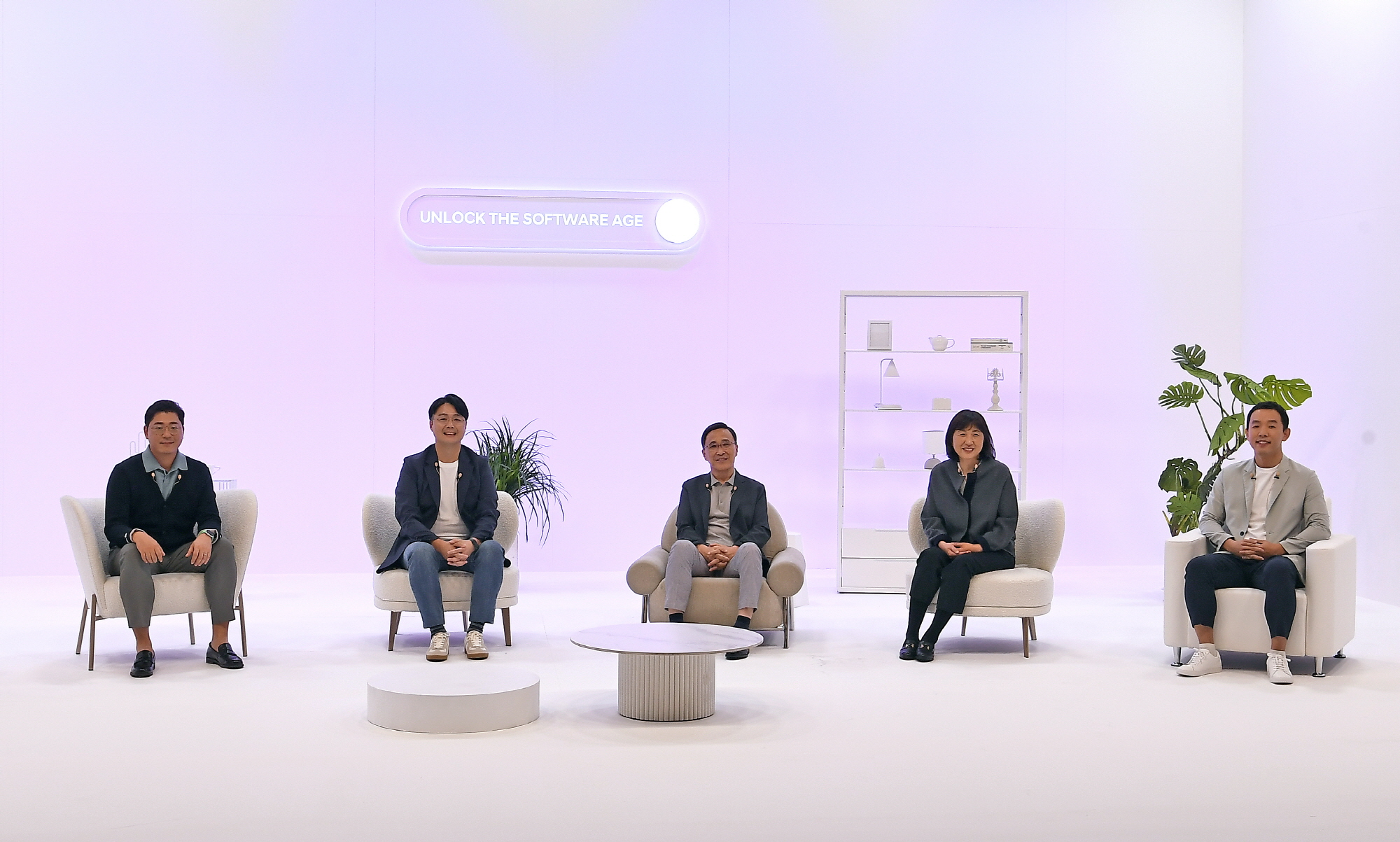
In the future, Hyundai Motor Group plans to open its software services so that external businesses can participate in developing vehicle services and collaborate with various industries, including logistics and hospitality.
To lead a completely new dimension in the future mobility industry, Hyundai Motor Group is establishing a global software center and embarking on new challenges at the group level.
Song Chang-hyun, head of the TaaS Division at Hyundai Motor Group, predicted, “In the future, vehicles centered on software will become commonplace. People’s thoughts and means of mobility will change, and entirely new types of mobility devices and services will emerge, significantly altering the mobility industry paradigm.”
Initially, the global software center plans to develop software-centered mobility devices and solutions that will enable Hyundai Motor Group to penetrate the future mobility and logistics markets effectively.
They will build systems that allow self-developed mobility devices to connect with customers’ already familiar smartphone ecosystems. Additionally, they will release a software development kit for mobility devices, fostering an ecosystem where various applications can be created.
In the long term, Hyundai Motor Group’s global software center aims to develop software-centered mobility that can understand customer intentions and comprehend the context of commands based on vast mobility data and AI technologies.
This will allow customers to use devices and services seamlessly without needing to grasp complex technologies or usage methods, providing a ‘holistic user experience’.
Moreover, the global software center seeks to develop technologies that connect mobility devices under a single urban operating system, creating a mobility ecosystem that allows for autonomous driving capabilities.
They will create an environment where vehicles can be connected to diverse devices that Hyundai is developing, including AAM, PBVs, robotaxis, and robots, all using one account. This will lead to providing a new dimension of mobility experience and the transformation of the industry paradigm.
Hyundai Motor Group is accelerating the development of software-centered smart mobility and significantly investing in human capital and organizational structure to rapidly transition into an IT-based mobility company.
In particular, they plan to invest a total of 18 trillion won by 2030, combined for Hyundai and Kia, to enhance software competitiveness. This investment includes developing new business-related technologies such as connectivity, autonomous driving, strategic equity investments in startups and research institutions, and building big data centers.
Hyundai Motor Group plans to recruit software personnel extensively not just in Korea but also in the US and Europe, gradually expanding its software development organization. This will enhance the collective software development capabilities across the company while promoting a gradual shift in organizational culture toward IT-based practices.
Through these efforts to speed up the SDV development system and create a new mobility ecosystem, Hyundai Motor Group anticipates a significant transformation in its profit structure.
First, by applying a standardized hardware and software platform to vehicle SDV development, the group indicated that the time taken for planning, design, manufacturing, and other production processes could be significantly reduced.
By further standardizing the platform, it will be possible to share components regardless of vehicle class, thus enhancing overall vehicle development efficiency and potentially reducing manufacturing costs by over 20%.
Additionally, the group plans to expand subscription services that allow customers to choose software functionalities they need after vehicle purchase, meeting diverse customer needs while increasing service sales revenue.
They also plan to ensure profitability through new business ventures by establishing a global software center to create a new mobility ecosystem that connects various mobility devices and services.
Through these initiatives, Hyundai Motor Group plans to secure additional investment capacities and establish a virtuous cycle of actively promoting product competitiveness and discovering new businesses.
Park Jeong-kuk added, “Hyundai Motor Group aims to provide more valuable customer experiences by adding optimized proprietary software technologies on top of our excellent hardware capabilities and expanding their application scope.” He concluded, “Our customers will discover richer lives and new values as they engage with Hyundai Motor Group.”
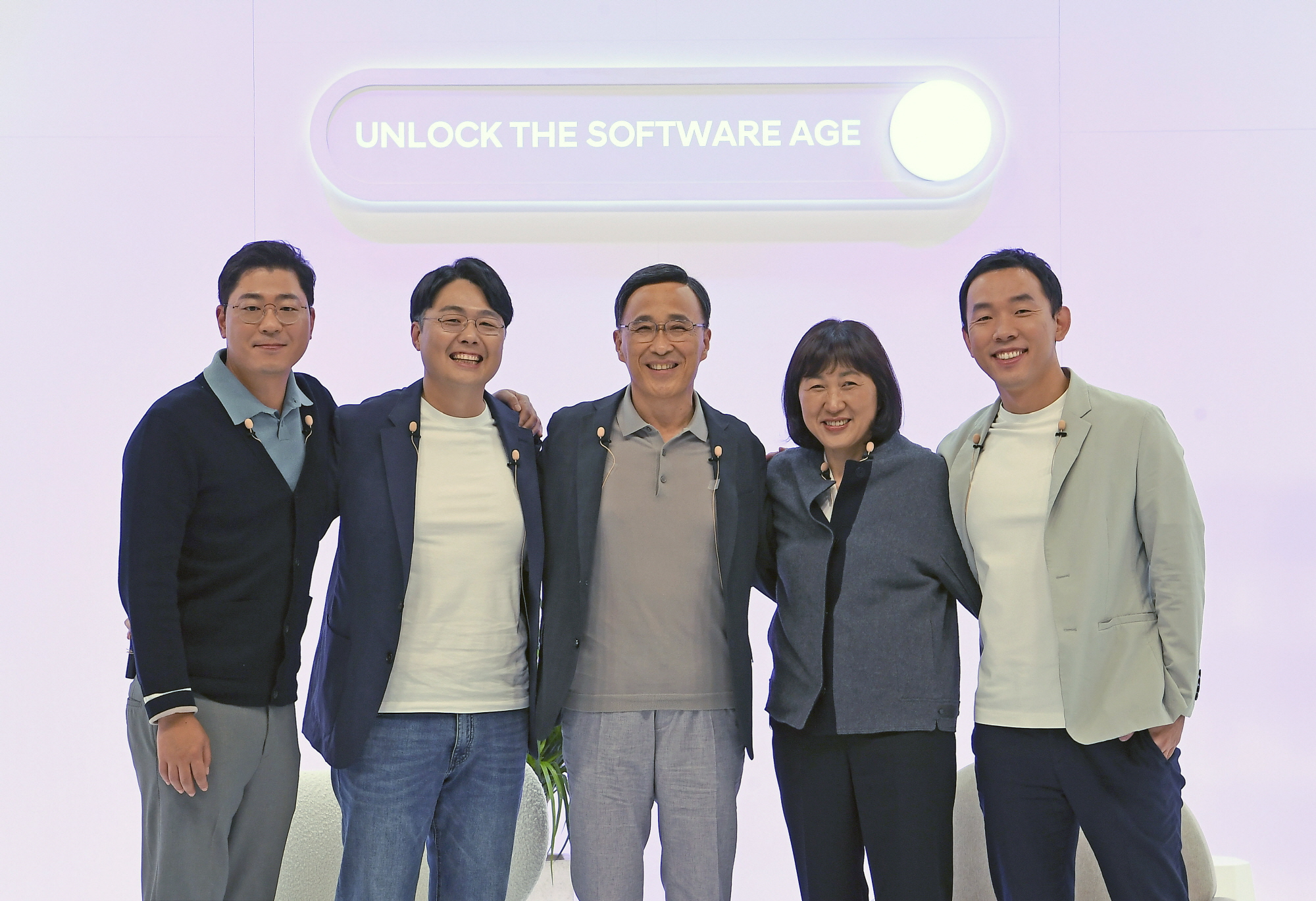 badr2022-10-12T16:40:42+09:00
badr2022-10-12T16:40:42+09:00

